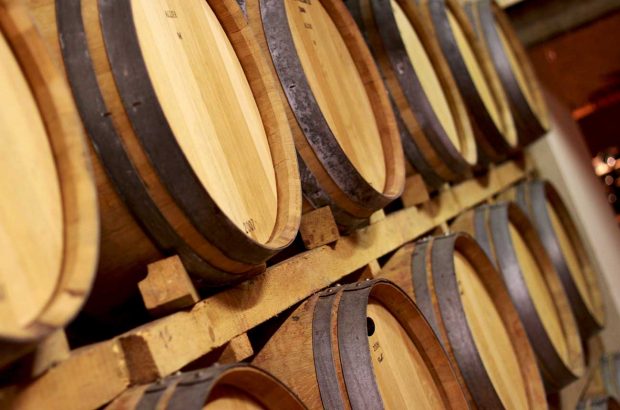A vast new incinerator is planned in Tuscany – a stone’s throw from the celebrated estates of Chianti Rufina.
Local administrators in the province of Florence will decide in June whether to begin construction of the proposed – and highly controversial – mega-incinerator in the hamlet of Selvapiana.
This is some 80m away from the nearest vines of Chianti Rufina, home to some of Italy’s most renowned estates, including Frescobaldi’s Castello di Nipozzano.
The new incinerator, as tall as an 11-storey building and topped by a 62-metre smokestack, will be seven times larger than the current facility, which it will replace.
The unit is expected to process up to 68,000 tonnes of waste a year – compared to the current 9,000 tonnes.
Mauro Benvenuti, president of the Valdisieve Association which lobbies against the new plant, said, ‘This new generation of incinerators produces ultra-fine particles. Scientists now know that these are even more harmful to humans because large amounts of nanoparticles are inhaled.’
He added that the proposed plant will be next to the Sieve River, upstream from local water supplies.
The negative impact on Chianti Rufina, the smallest and highest DOC in Chianti, has local producers worried. ‘Pollutants will travel for kilometres. Though no studies have been made on their effects on viticulture, it will absolutely have a negative psychological impact on consumers and tourists,’ Federico Giuntini, co-proprietor of the Selvapiana estate said.
‘It’s going to be impossible to promote high quality wine and the importance of terroir if a mega-incinerator sits right in front of the vineyards.’
Certified organic, Giuntini has been informed that his vines closest to the proposed plant may no longer be considered suitable for organic viticulture.
Giovanni Busi, president of the Chianti Rufina Consorzio, said while the growers’ association is not in favour of the proposed plant, it does not oppose it either.
‘Residents have to take responsibility for their waste management. While we’d be happy if it were not here, we do not think it will have a negative impact on grape growing or on tourism, as has been proven in Franciacorta and Trentino, which have incinerators near their growing zones.’
Written by Kerin O’Keefe




